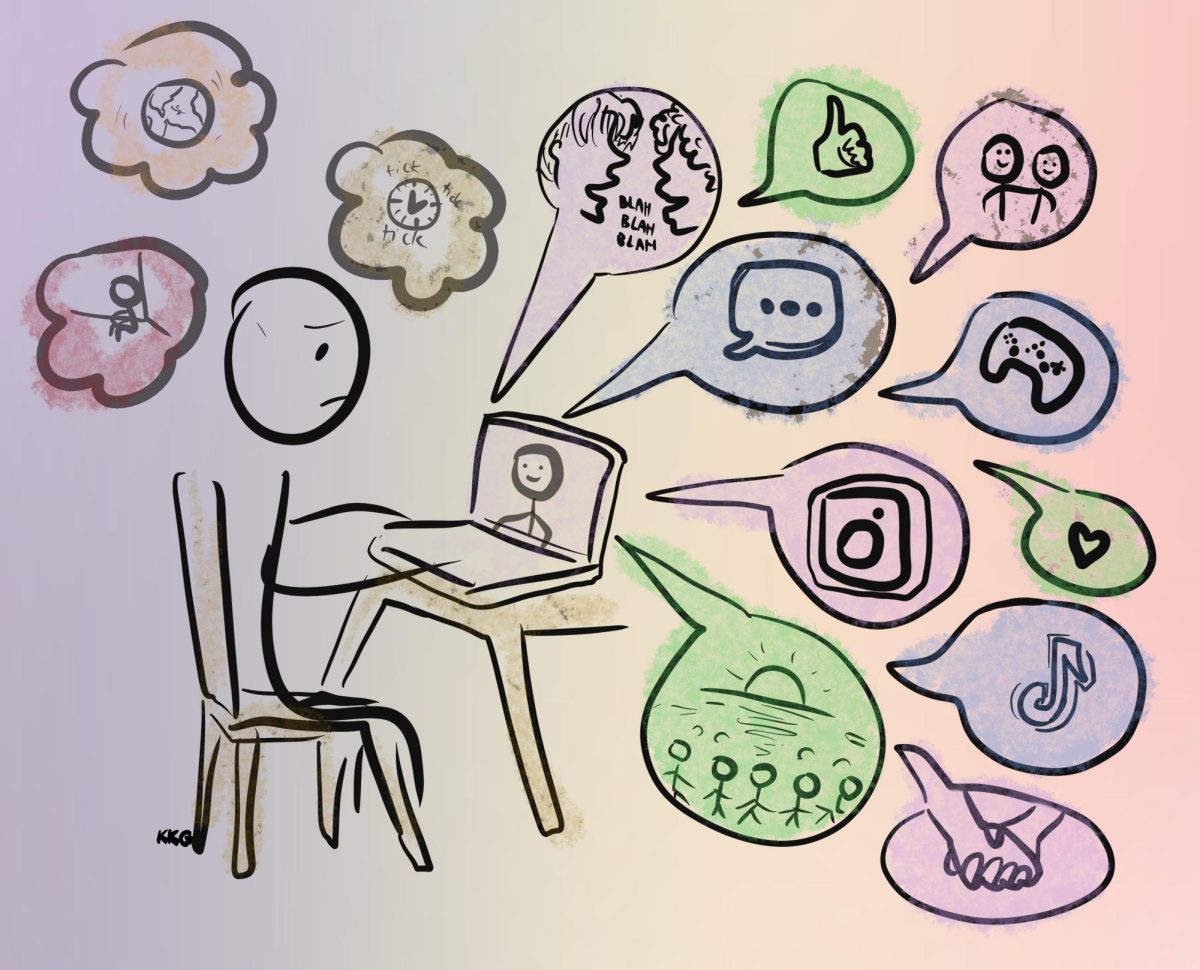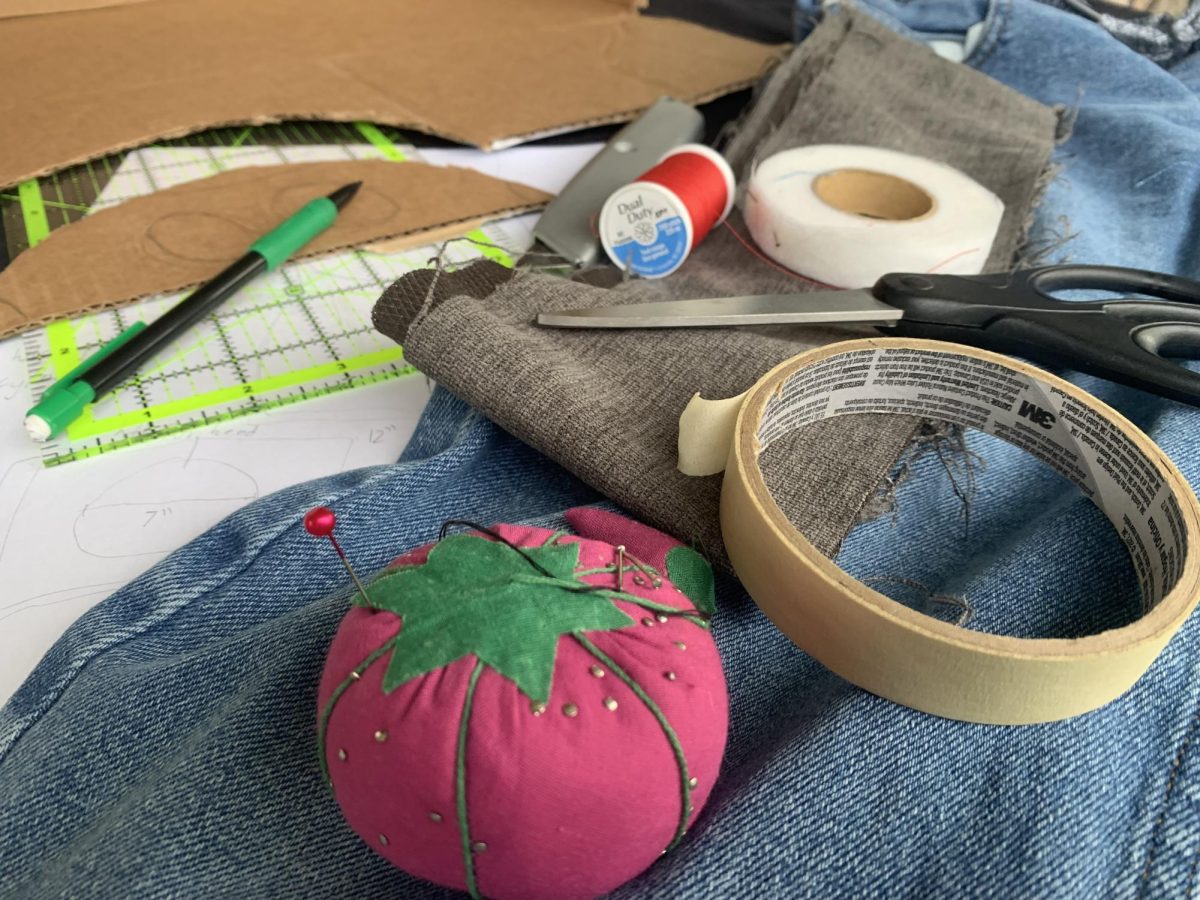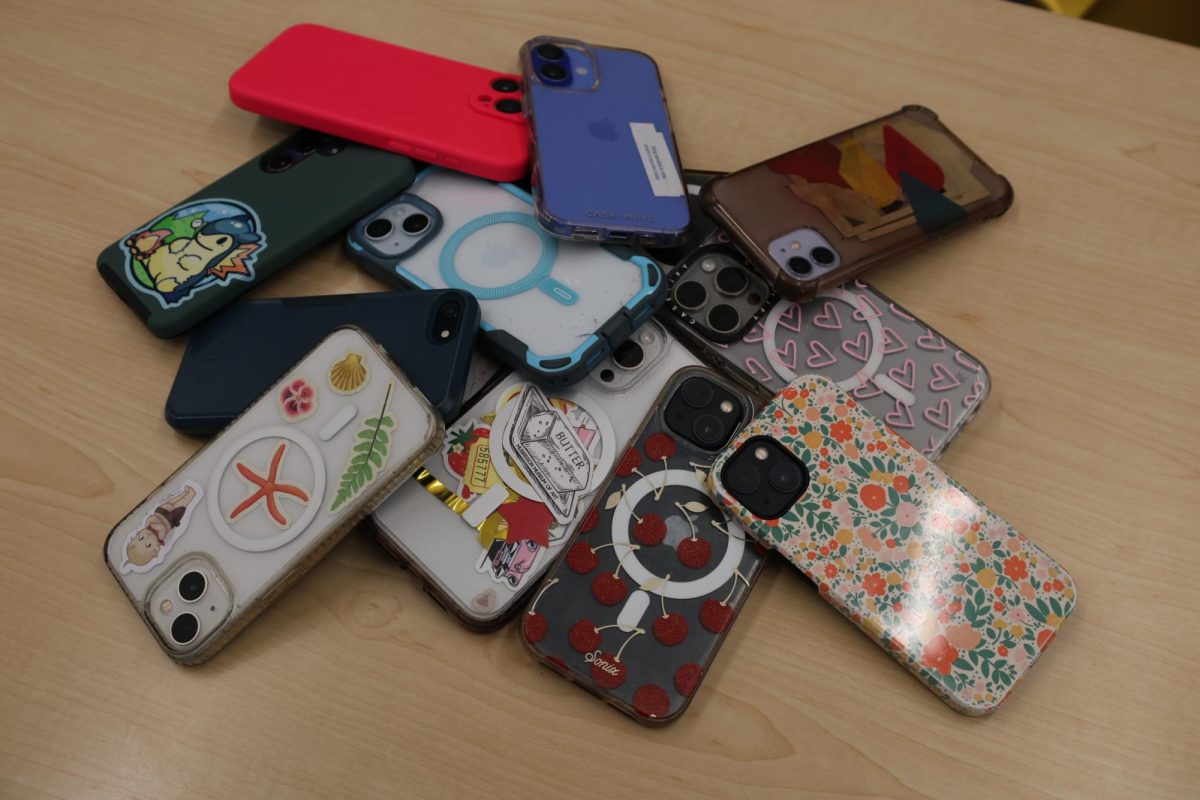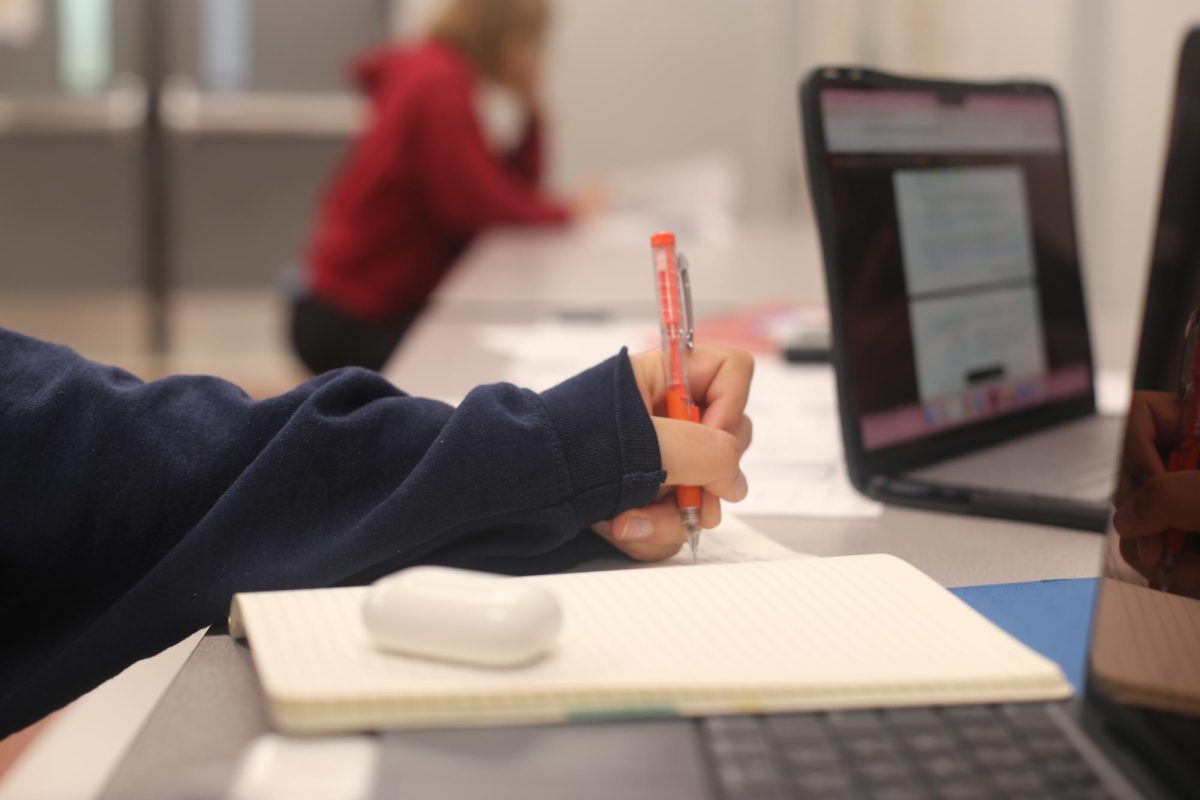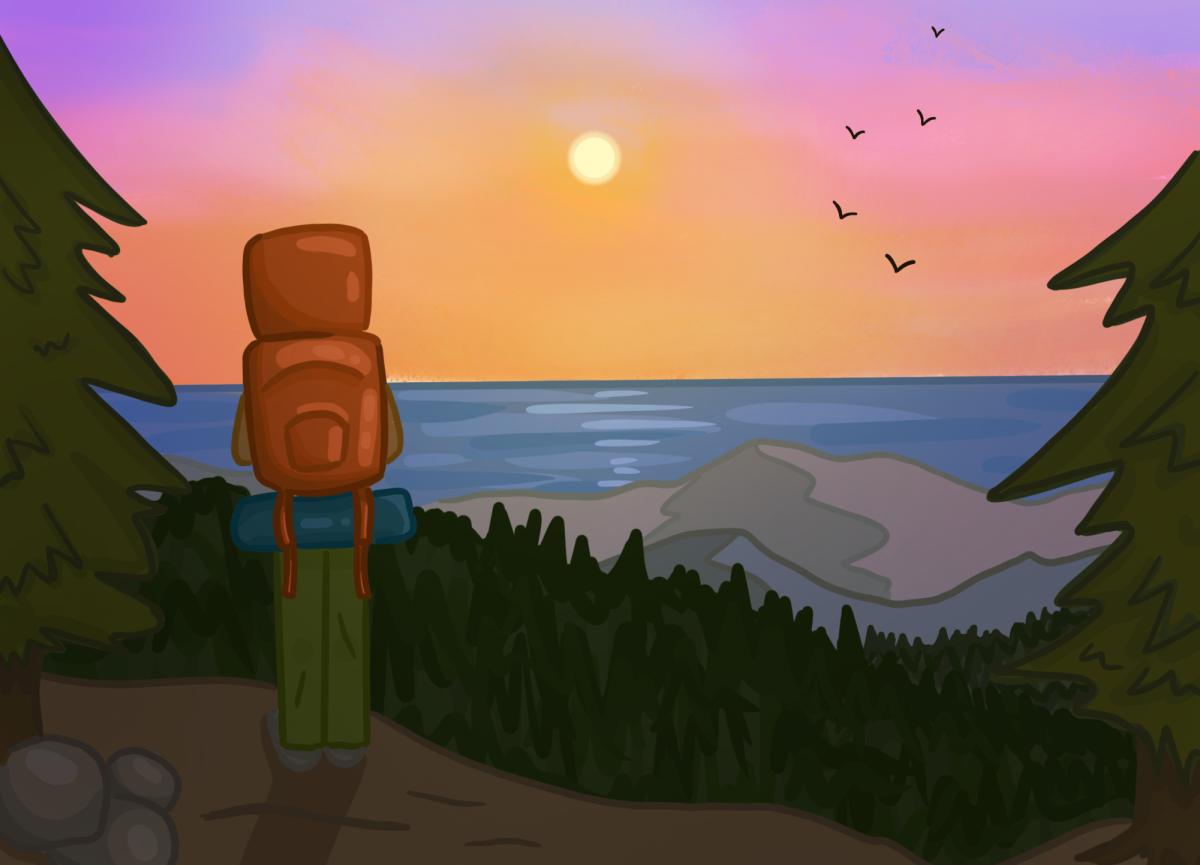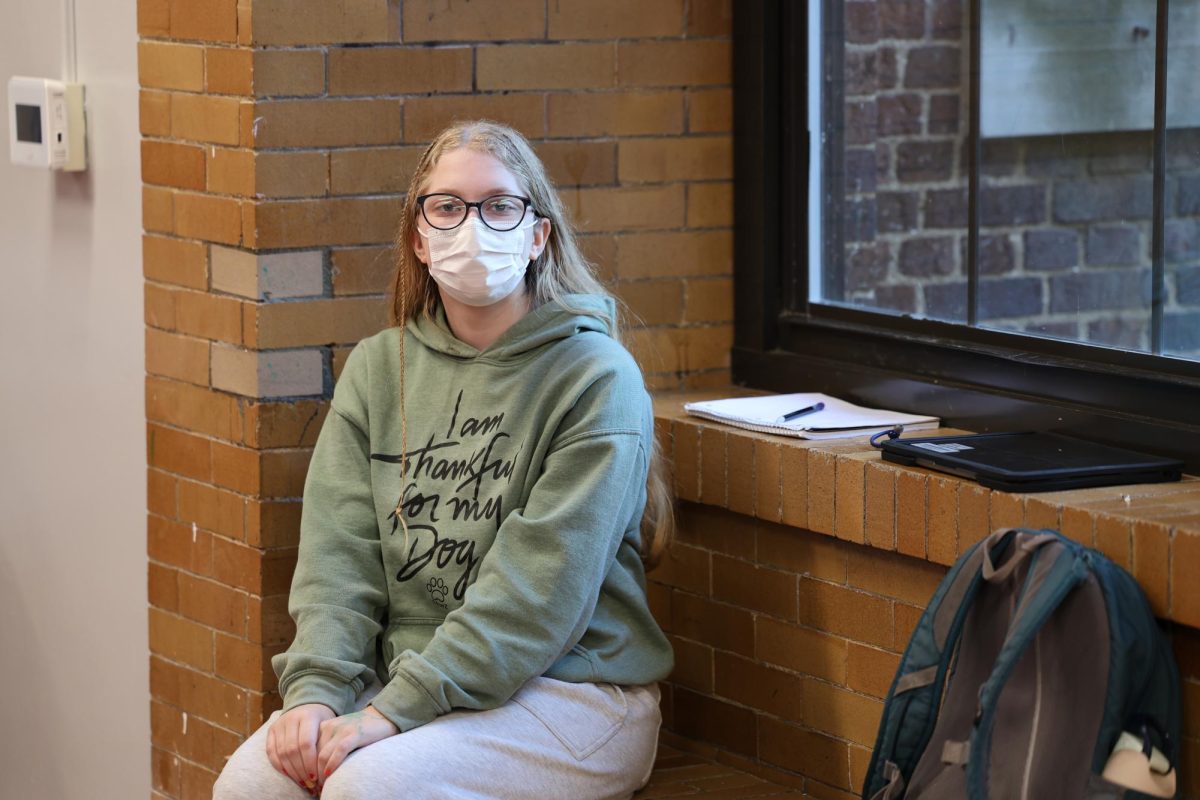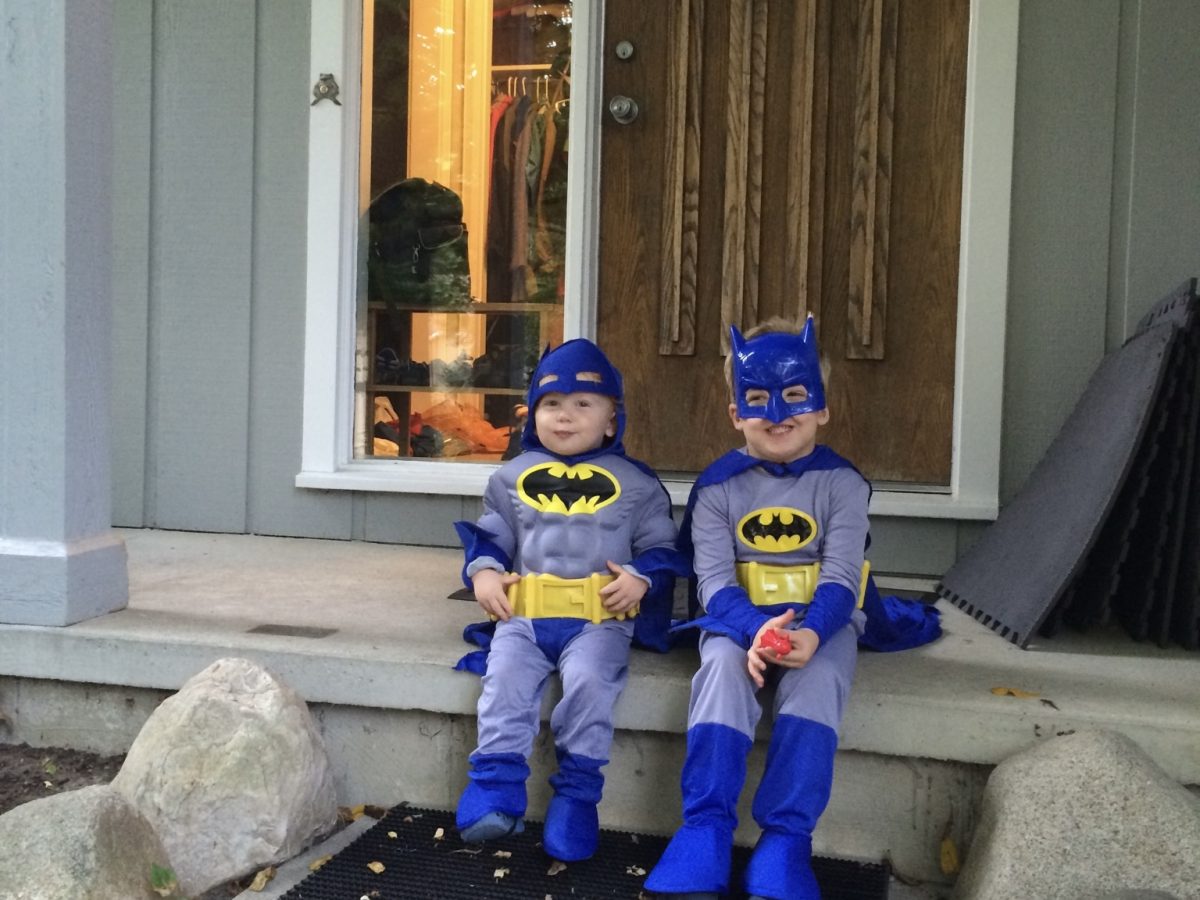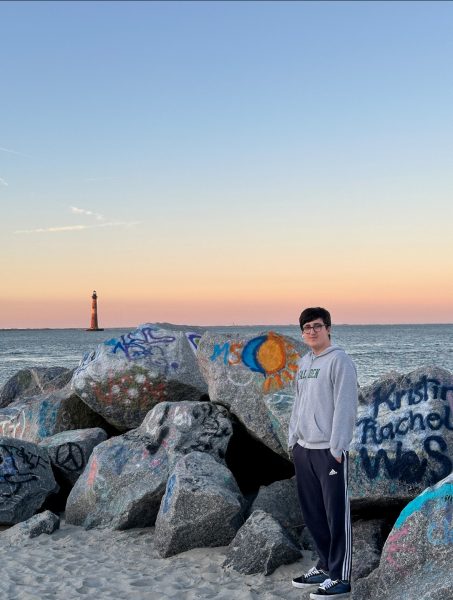Life can feel overwhelming with school, family, and expectations adding up. This often leads us to our screens, where we scroll and click to escape. For many, the internet is more than just entertainment; it’s a break from everyday life. The more we dive into the online world, the more it blurs with reality.
For teenagers, the digital world is like a second home, sometimes even more important than the real one. When real-life challenges like grades, friend issues, or family expectations pile up, it’s easy to turn to phones or computers to scroll through social media or play games. According to Common Sense Media, teens spend over 8.5 hours a day on screens just for entertainment. Online, you control what you see, who you talk to, and even who you want to be. Real life doesn’t give you that kind of control.
This becomes a problem because when we spend too much time in a space where everything is filtered and controlled, it changes how we see the real world. We start comparing ourselves to others online without knowing the truth behind the screens. Someone might post a smiling picture with friends, but you don’t see that they might feel left out or are going through something tough. Online, everything can be fake but look real.
Research shows this affects us. A study by the University of Bath in 2022 found that just a one-week break from social media significantly improved well-being, depression, and anxiety. While scrolling may feel good at the moment, it might be harmful in the long run.
The internet does have good sides. It helps us connect, provides information, lets us express ourselves, and gives a much-needed break from reality. When it becomes a way to avoid dealing with real life, it turns into a problem. Instead of facing our feelings, we use the online world to distract us. It’s easier to text about feelings than to talk face-to-face. It’s simpler to post about feelings than to truly feel them.
There’s a lot of pressure to keep up online. People post and grow their followers, and those who post less might feel left out. The pressure isn’t just about posting; it’s about acting a certain way and being always present. If you’re not keeping up, it feels like you’re falling behind socially, emotionally, and mentally. Trying to maintain a perfect image can be exhausting when real life feels messy or difficult.
Even friendships and relationships are changing. Instead of talking in person, we send pictures or memes. Conversations are getting shorter and sometimes less meaningful. We’re used to instant replies, and when someone doesn’t answer right away, it feels like something is wrong. Real relationships require time, effort, and sometimes uncomfortable moments that can’t be solved through a screen.
We need to learn to take a step back. It’s not about quitting social media, but about using it wisely without letting it control us. Maybe we should spend more time being bored, experiencing awkward silences, or simply going outside without our phones. That’s where real life occurs, and how we build deeper connections with others and ourselves.
Real life isn’t perfect. It’s stressful, unpredictable, and sometimes painful. It’s where true joy, connection, and growth occur. Escaping to the digital world might make things easier temporarily, but it won’t resolve what we’re trying to avoid. Sometimes, the best thing we can do is put down the phone, look up, and be present in the moment.
Rideout, V., Peebles, A., Mann, S., & Robb, M. B. (2021). The Common Sense Census: Media Use by Tweens and Teens. In Common Sense Media (pp. 1–64). Common Sense. Retrieved from Common Sense website: https://www.commonsensemedia.org/sites/default/files/research/report/8-18-census-integrated-report-final-web_0.pdf
University of Bath. (2022, May 6). Social media break improves mental health, study suggests. Retrieved from ScienceDaily website: https://www.sciencedaily.com/releases/2022/05/220505213404.htm



